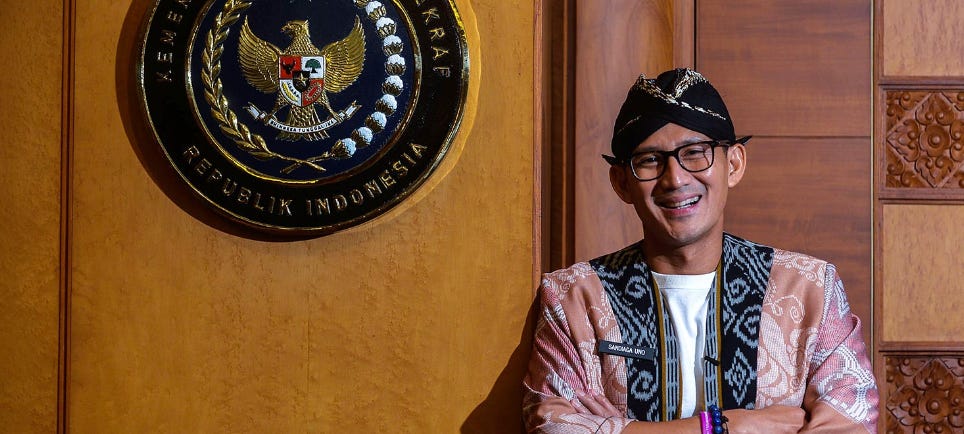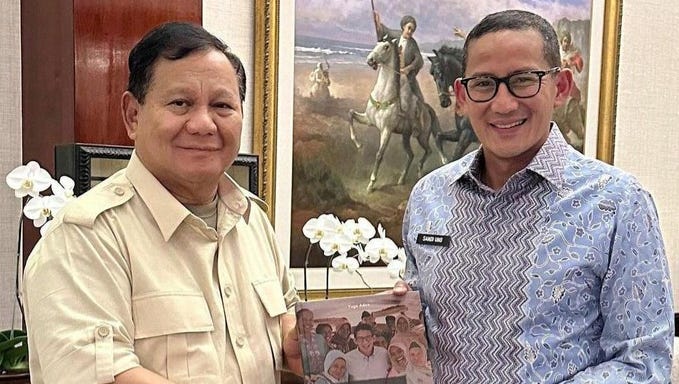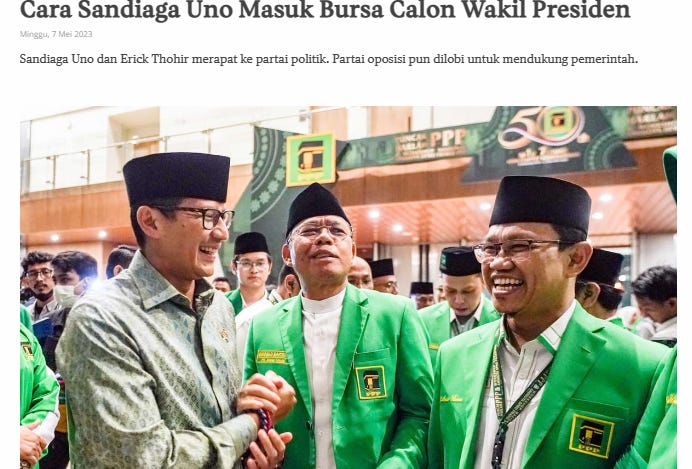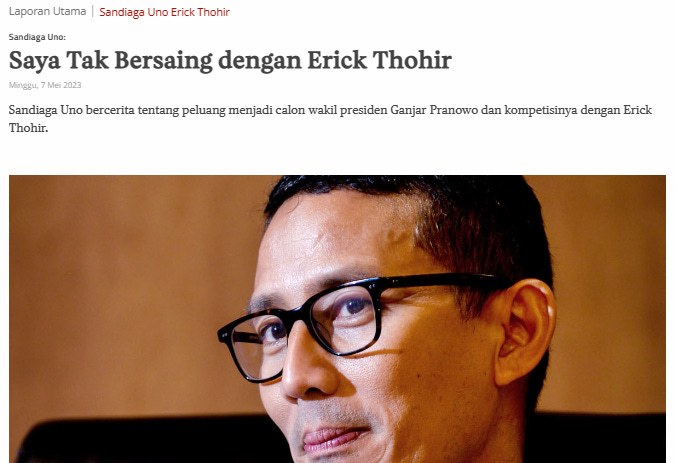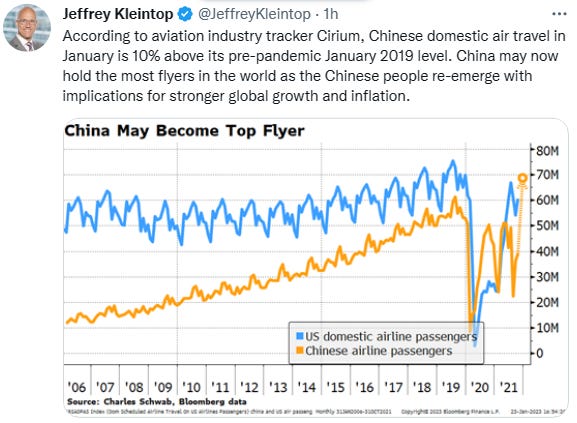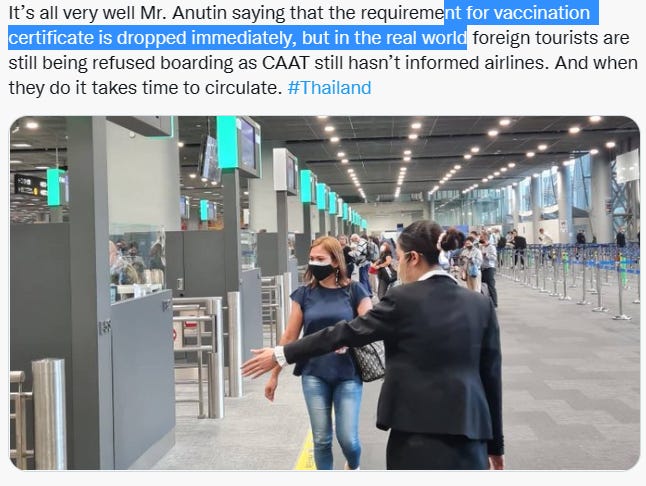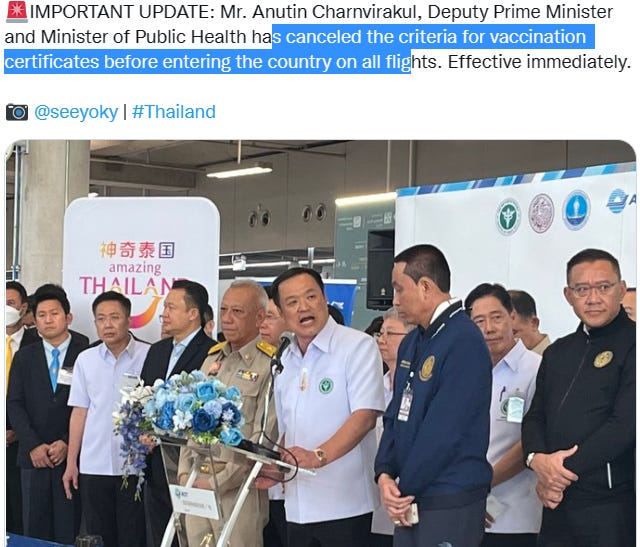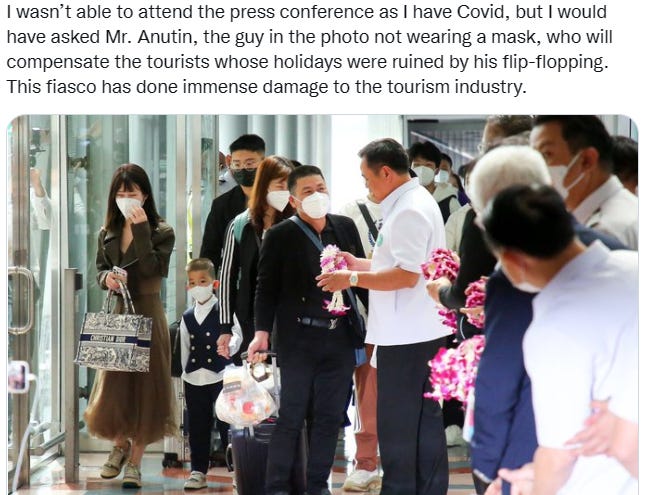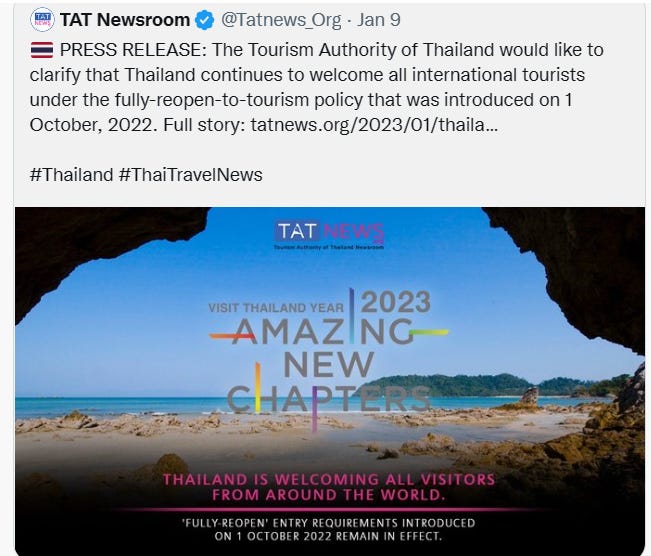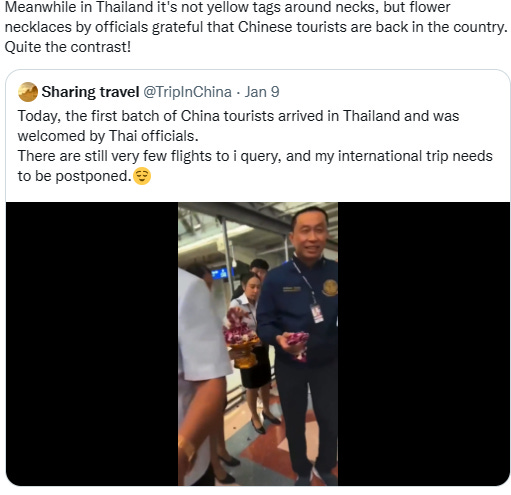Red & Blue Pill: Yellow Tags and Nucleic Acid Test, or Flower Garlands and Penal Code. (A Tourism Boost Issues)
Tourism and Creative Economy Minister Sandiaga Salahuddin Uno has said the ministry will adjust the country’s foreign tourism strategy in response to a heightened risk of recession in developed economies this year. Such recessions could affect several major sources of Indonesian tourism, namely the United States, China and Europe, Sandiaga said on Monday in a weekly press briefing. “[A recession would] of course affect people’s expenditures, especially on tourism. Therefore, we have decided to adapt in terms of tourism and creative economy development, specifically regarding foreign tourists,” said Sandiaga.
Actually, Sandiaga is facing a dilemma. Two sides of the problem. He, alongside Baswedan, is symbol of rejuvenate Islam Conservative in Indonesia, at least since 2017. But he, as Tourism Minister, may want to loosen several regulations for (specific) foreign tourism, working alongside (new) Head Immigration (Silmy Karim), and the loosening regulation is intruding “grey area” sensitive for muslim. Like 2019 (run as a VP nominee), for 2024 Sandiaga may run again as VP nominee or even President nominee, now with the United Development Party (PPP / Partai Persatuan Pembangunan), the oldest Islamic party in Indonesia and in ASEAN. There Is a rumor that Sandiaga changed his membership from Gerindra to PPP. Sandiaga’s foray into politics was largely thanks to the influence of Gerindra chairman Prabowo Subianto (Presidential nominee from Gerindra in 2014 and 2019).
Sandiaga is seen as a proven option for VP, but hindered by lack of party support. Having the experience of contesting the 2019 presidential election under his belt, social-media savvy Sandiaga Uno is considered a strong candidate for the vice-presidential ticket.
Indonesia updated its Criminal Code (KUHP) on Dec. 6, 2022, when the House of Representatives enacted a revised version that ushered the country into a new era in which illiberalism and religious conservatism prevail. At the House plenary session where the bill was passed, lawmakers and government officials claimed that they had softened the provisions widely deemed as draconian, such as criminalizing those insulting a sitting president and outlawing nonmarital sex and cohabitation. Muslim Conservative (and Ultra Conservative) in fact, favor strengthening criminalizing (sensitive issue) cohabitation.
As the new criminal code bill passes, cohabiting might criminalize couples who live together before marriage. A number of couples, foreign tourists (already in Indonesia) and foreign supermodel (also already working in Indonesia) feel uncomfortable.
There are worries that the law will scare foreign supermodels, foreign tourists and investors, even before it goes into effect in three years. Violators will face up to a year in prison or fines. The code also prohibits unmarried couples from living together. Some local authorities have been cracking down on sex outside marriage, such as raids on hotels.
Both Sandiaga and the Governor of Bali have announced that tourists will not be booked under the new criminal code. The authorities will not be checking the marital status of tourists visiting the island. “Extra Marital Ban doesn't hamper tourism,” Sandiaga reassured.
Tourism businesses in Bali have been reminded once again to respect and care for domestic tourists. As data continues to be collected on the impact of travel and tourism on Bali’s economy in 2023, it is increasingly clear that domestic tourism will always remain essential to the island’s revenue.
In mid-2022, tourism businesses were warned by ministers to respect domestic tourists after incidents hit the headlines where business owners were found to be untrusting of domestic tourists and putting too heavy a focus on attracting only international visitors.
Chairman of the Bali Tourism Village Communication Forum, I Made Mendra Astawa, says domestic tourists to Bali are a ‘loyal’ market that should not be overlooked. He highlighted how domestic tourism played an essential role in the recovery of the tourism sector in the wake of the lockdown. Domestic tourism is essential as the community’s programs grow and evolve.
He said that domestic tourists, both Balinese citizens and Indonesians from across the country, all play a vital role in the tourism industry on the island. He said the domestic tourist market “is a loyal market, which is loyal to Bali tourism.”
“The rural atmosphere and various local wisdoms that are unique to each tourist village [and they] are prepared to invite more [domestic tourists] to Bali”. Indonesia has over 270 million people; domestic tourism will always hold incredible potential for Bali. That said, is an underlying feeling within some tourism businesses in Bali that the priority focus should always be on international visitors.
Some hold the view that foreign tourists, especially those from Australia, North America, and Europe, will spend more than domestic tourists. However, with Indonesia’s middle-class continuing to grow and as domestic travel becomes increasingly accessible and affordable in Indonesia, the domestic tourism market should be valued just as much as the international market, especially for small businesses.
The national government says under the code, local authorities won't be free to do so, meaning the code will actually be protecting everyone, including foreign tourists. Only the families of those involved will be able to alert authorities. Although Sandiaga and Governor Bali reassured, there are still worries in the tourism industry in Bali that the code will take another bite out of visitor numbers.
Sandiaga spoke publicly about the importance of domestic tourism and the economy in 2023. At his weekly press conference, he said, “Indonesia will still grow by around 5 percent. Of course, we must focus on encouraging the movement of domestic tourists to reach the target number of 1.2 billion to 1.4 billion. We will greatly encourage the movement of domestic tourists”. His statements came as he also called on airlines to lay on more international flights to Bali to help recession-proof the Island for the Gods.
But besides Penal Code, there is already a chance, advantage: China Tourist. Indonesia (like all ASEAN Countries) announced that inbound travelers from China wouldn’t need pre-departure COVID tests, despite a steep rise in infections in their country. Indonesia and Thailand even welcomed foreign tourists with flower garlands. ASEAN is not like South Korea. In Incheon International Airport in South Korea, Chinese passengers (and only Chinese nationality) were issued yellow tags that had to be hung around their necks as soon as they got off the plane. In addition, one nucleic acid test at their own expense was 80,000 won, equivalent to RMB 434. China faces discrimination not only in South Korea, but also (current mandatory regulation) in the entire EU members, also UK, US, and Japan.
The first international arrivals to Bali in 2023 were personally welcomed to the Island of the Gods by Minister for Tourism and Creative Economies, Sandiaga Uno, and Bali’s Deputy Governor Tjokorda Oka Artha Ardhna Sukawati, also known as Cok Ace. The first tourists to step off the plane were a couple from Canada who arrived in Bali via a layover in Incheon, South Korea. Speaking to reporters at I Gusti Ngurah Rai International Airport, Minster Uno said, “On behalf of the government, the Ministry of Tourism and Creative Economy is honored to receive visits from foreign tourists. They are a couple from Toronto, they will be in Indonesia for one month visiting Bali in several places, and they will be diving. After that, they will also go to Yogyakarta and several other destinations”.
The government officials gifted souvenirs and flower garlands to the Canadian couple and other passengers on the flight. Minister Uno continued, “Apart from Toronto, there were several pairs of tourists from South Korea. So January 1, 2023, hopefully after PPKM (Covid-19 restrictions) ends it will be a new chapter of Indonesian tourism”, Sandiaga says. Sandiaga added hopes to grow Indonesia’s tourism and creative industries to record highs within the decade by promoting domestic tourism and developing the five super priority destinations. He wanted to increase the two industries' contribution to Indonesia's gross domestic product (GDP) to between 10 and 12 percent in the next five to 10 years from the estimated 7.3 percent contribution at the moment.




